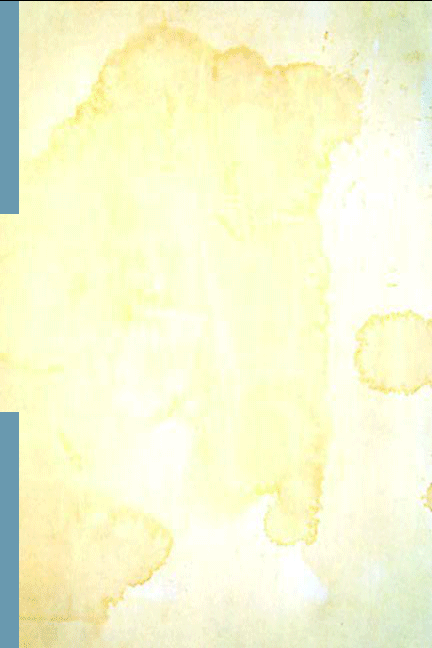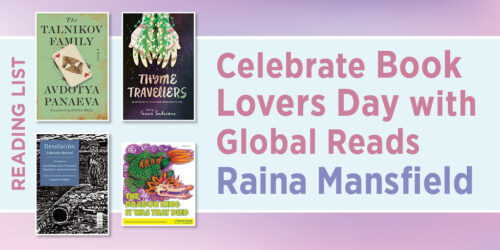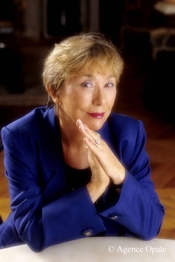In Commemoration of Sofia Khvoshchinskaya

In honor of Women in Translation Month, this week we’ve been featuring Sofia Khvoshchinskaya’s City Folk and Country Folk, but today, we’re featuring the author herself. In commemoration of this wonderful writer, Nora Seligman Favorov has provided us with the following overview of Khvoshchinskaya’s life.
Remember to enter our drawing by 1pm EDT for a chance to win a copy of City Folk and Country Folk!
• • • • • •
One hundred fifty-three years ago, on August 17, 1865, Sofia Dmitrievna Khvoshchinskaya died of abdominal tuberculosis. This death, at the age of 41, cut short the career of a talented and prolific writer.
Sofia Khvoshchinskaya was born into an ancient noble family in 1824 and educated first by her mother and later at the St. Catherine Institute for Young Noblewomen. She graduated with a gold medal that entitled her to a teaching job or even to open her own school. Despite her family’s straitened financial circumstances, this rare (for Russian women at the time) opportunity to make money was passed up after Sofia’s older sister, the writer Nadezhda Khvoshchinskaya, persuaded her to remain with her family and embark on a career in literature.
The Khvoshchinsky family was exceptionally close. The children, particularly Nadezhda, had been intimately involved in their father’s varied attempts to keep the family afloat after a false accusation of embezzlement had financially ruined him. The fact that Nadezhda and Sofia were exposed to the frustrations of dealing with the imperial bureaucracy and judicial system gave them insights into the workings of Russia’s economy and society that are reflected in their works.
Writing was not considered a suitable profession for a woman in 1860s Russia, and both Sofia and Nadezhda published under pseudonyms, Sofia as Ivan Vesenev and Nadezhda as V. Krestovsky. They lived in Ryazan Province, about 120 miles southwest of Moscow, but spent months at a time in Moscow and St. Petersburg writing, going to the theater, and interacting with their publishers and other prominent members of the urban intelligentsia.
In addition to writing, Sofia was a serious painter. She also translated, and interestingly chose to translate John Stuart Mill’s On Liberty into Russian. Another sign of her interest in political philosophy is the admiring biographical sketch she wrote of the eighteenth-century social critic Alexander Radishchev, who had been banished to Siberia for his scathing accounts of serfdom. Despite the fact that Alexander II had just issued his Emancipation Proclamation liberating most of Russia’s serfs, Khvoshchinskaya’s positive portrait of Radishchev was sufficiently scandalous to lead to the closure of the journal that published it.
Over the course of eight years, Sofia Khvoshchinskaya published 22 works—novels, novellas, short stories, and essays. Both her fiction and non-fiction reflect a cutting satirical wit. Only two of her works have been published in English translation: City Folk and Country Folk (Columbia University Press, 2017) and the first part of her memoir of the Catherine Institute “Reminiscences of Institute Life” (in Russia through Women’s Eyes: Autobiographies from Tsarist Russia, ed. Toby W. Clyman and Judith Vowles, Yale University Press, 1996).






